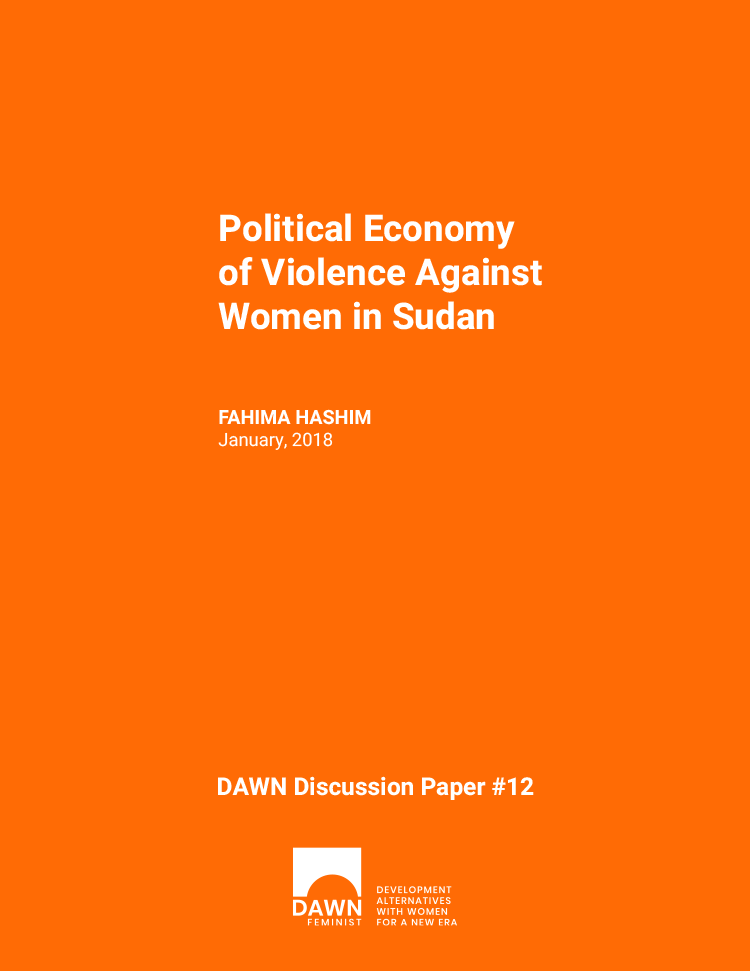Abstract
Violence against women is a global phenomenon that is manifested in different forms. Sudanese women are not the exception; they have been subjected to many forms of violence comprising physical, and mental violence. Further, several agents, and proxies such as family, local community and the state have precipitated violence against women.
Despite its great complexity, and complications violence against women in Sudan, did not pass without resistance from various forces such as women organizations, women in political parties and, exile. Resistance has resulted in both successes and failures.
Sudanese women do not constitute a homogeneous group. Their situations and positions vary depending on their differing socio-geographical, ethnic cultural and religious backgrounds. Using the premises of feminist political economy as its main theoretical frame work, analysing relevant literature, and the author’s own lived, experiences, reality and activism, this paper attempts to map out the various forms of violence faced by Sudanese women in (the north, south1, east and, western parts of the country). It tries to identify and analyse the main socio-economic, political and cultural factors contributing to the emergence and perpetuation of violence against women especially in conflict prone areas and examining the forces of the resistance and organizing. This paper focuses on the role of Muslim Fundamentalism and the state’s sponsored violence caused by its policies and legislations.
1 South Sudan: this paper covers the south till the independence in 2011, (from 2005-2011) does not include the eruption of the internal conflict in 2013.

